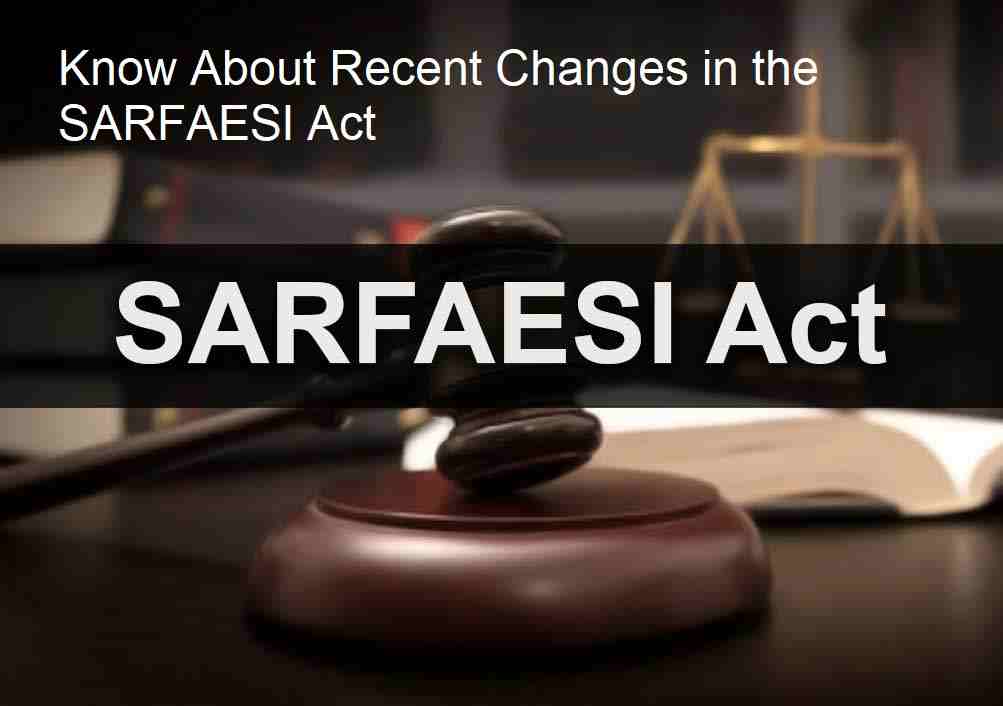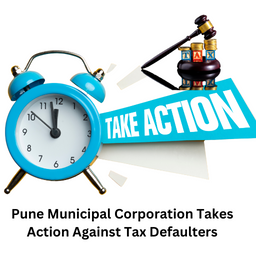Section 30D of the SARFAESI Act, 2002 equips the Reserve Bank with an arsenal of tools to collect penalties levied against ARCs and individuals who disobeyed its directives. Imagine it as the Bank's debt collection toolbox, filled with options to ensure those financial punches land and their sting is felt.
Here's how the Bank can collect its penalty dues:
- Direct debit: If the debtor has a current account with the Bank, the penalty amount can be directly deducted like magic. No need for chasing or begging!
- Securities sell-off: Holding securities with the Bank? They can be liquidated to satisfy the penalty debt. Think of it as collateral coming to the rescue (or not, depending on your perspective).
- Third-party interception: This is where things get interesting. The Bank can send a notice to anyone who owes the debtor money, instructing them to deduct the penalty amount from their payment and send it straight to the Bank. Imagine your salary getting intercepted before it even reaches your account!
But there are safeguards in place:
- Debtors can object: If the debtor feels the notice is wrong, they can challenge it with a sworn statement. Think of it as a mini-trial before the penalty hammer falls.
- False claims carry consequences: Lying in the statement? That's punishable! The debtor becomes personally liable for the penalty, adding some serious bite to the Bank's collection efforts.
- Flexibility exists: The Bank can modify payment deadlines or even revoke notices if circumstances change. It's not all about ruthless collection, some room for negotiation exists.
This section ensures:
- Efficient penalty collection: The Bank has various options to recoup its money, preventing defaulters from slipping through the cracks.
- Fairness for debtors: They have the right to challenge and potentially avoid unfair penalties.
- System stability: A robust collection mechanism promotes compliance with the Act's rules and keeps the debt recovery process running smoothly.
In essence, Section 30D empowers the Reserve Bank to act as a debt-collection powerhouse. It gives them the tools to collect penalties while offering safeguards to prevent unfair targeting of debtors. The result? A system that promotes responsible behavior and ensures everyone plays by the rules within the realm of debt recovery



